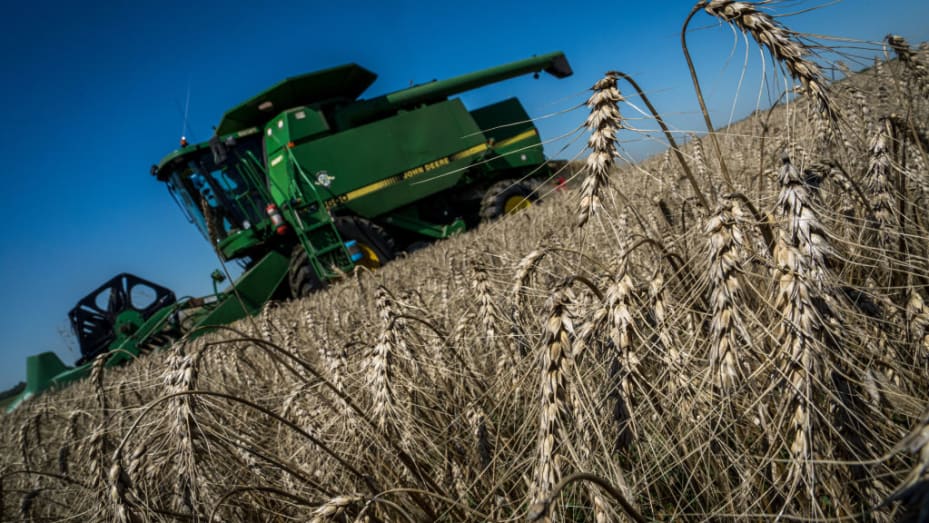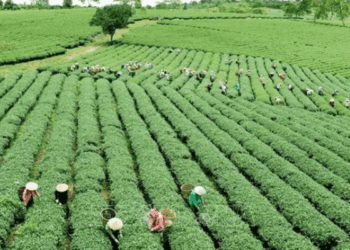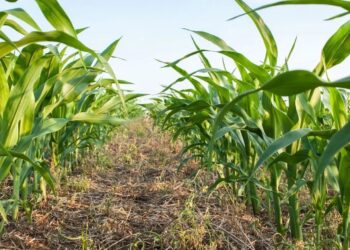Following the Russia’s decision to pull out of an agreement that guaranteed safe passage for ships carrying grain exports from Ukraine, Nigerians may likely pay higher prices to consume wheat.
The deal which was brokered in July by the United Nations and Turkey between Russia and Ukraine has already resulted in shipment of 23,000 metric tonnes of grains to the horn of Africa and under the deal all vessels coming to and from Ukraine’s ports were inspected and monitored by international teams made up of officials from Russia, Ukraine, Turkey and the UN.
According to the UN, the deal has provided some relief as it estimated that the reduction of prices for staple foods as a result of the deal has indirectly prevented some 100 million people from falling into extreme poverty.
Although Nigeria was not among the African countries that benefited from the first shipment but the country remains the 4th largest importer of wheat in the world and in 2020 it imported $2.15billion in wheat primarily from Russia ($556m).
According to an annual attache report on the grains Nigeria will produce 160,000 tonnes of wheat in 2022-2023 but with the current flooding, the production capacity are likely to drop thereby leading to increase in the product importation to close more than 5 million metric tonnes demand deficit.
The Russia’s withdrawal has sparked concerns over global food supply at a time when the world is already facing a growing hunger crisis and in Nigeria despite government efforts to tame the current food prices, food inflation continue to increase and as of August 2022, it has hit 20.52 per cent.
Reacting to the development, national president of All Farmers Association of Nigeria (AFAN) Kabir Ibrahim, said the hike in food prices is likely to continue due to a number of factors including the withdrawal of Russia from the Black Sea deal.
He said, “Nigeria like many other countries of the world who import wheat from Ukraine will suffer a significant drop in supply from the region because of Russia’s actions.
“The hike in food prices is likely to continue due to a number of factors either that the withdrawal of Russia from the Black Sea deal.
“Nigeria should simply look inwards for a sustainable food system otherwise we will forever face this situation”.
Although there are concerns that with this withdrawal, Russia may block further shipping of grain on black sea but on Sunday the United Nations said that a plan was put in place to allow 16 vessels to move on monday with 21 vessels in or near the Ukrainian ports with a capacity of over 700,000 metric tonnes of grains that were impacted by the announcement.
Speaking to NATIONAL ECONOMY, national president of Wheat Farmers Association of Nigeria, Alhaji Salim Sale Muhammad, lamented that Russia’s decision will have negative impact on Nigeria.
He said, “The Russian position have direct negative impact in the country because there are no strategic planning towards addressing the situation. For example, wheat farming season is now, yet there are no signs of preparation or readiness talkless of commitment to embarked on the programm, be it from the BNN, Anchor Borrowers Programme, neither the AfDB programme.
Anyway, if a giant approach to increase food production is not given due attention, I am afraid there would be acute food shortage and uprise in prices beyond control”.
“The only way out is to mobilize and campaign for massive food production on time”, he added.





